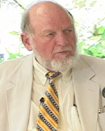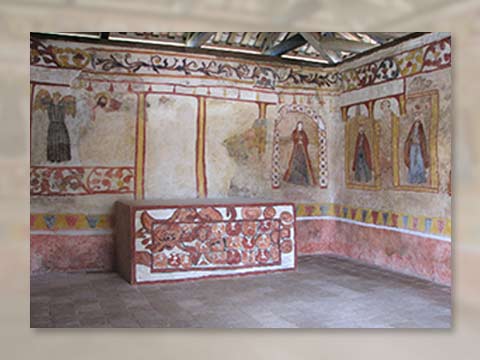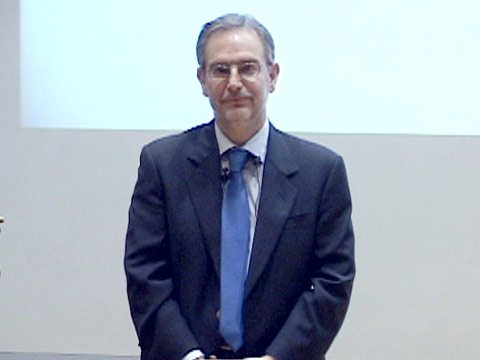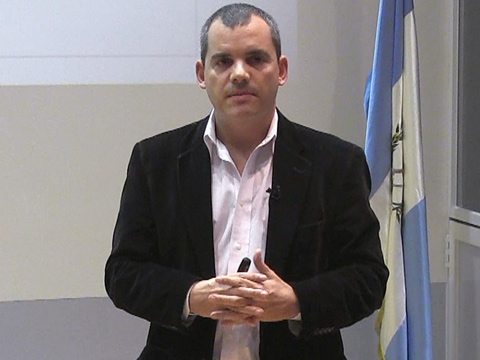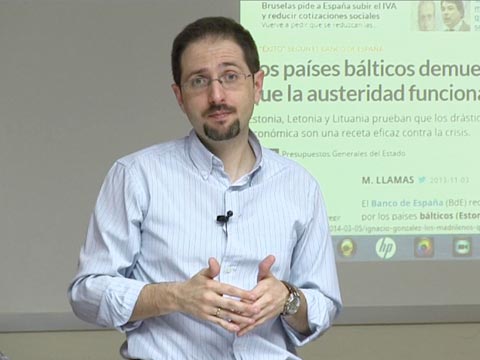About this videoDonald Livingston lectures on David Hume’s views on the secession of the American colonies. He provides a brief historical context in which he explains the animosity between the Scottish and the English and also comments on the Wilkes and Liberty Riots – the English civil conflict that later influenced the American secession. He talks about the original purpose of the union between Scotland and England, the resentment from the English towards the Scottish, and how such ill feeling was carried over to America. Furthermore, Livingston analyzes the Wilkes and Liberty movement by explaining who John Wilkes was, the principles of such movement and the anti-Scottish element that dwelled in such association. Finally, he speaks about the reason why Hume supported the independence of the United States. |
|
CreditsHume and the Secession of the American Colonies
| |





